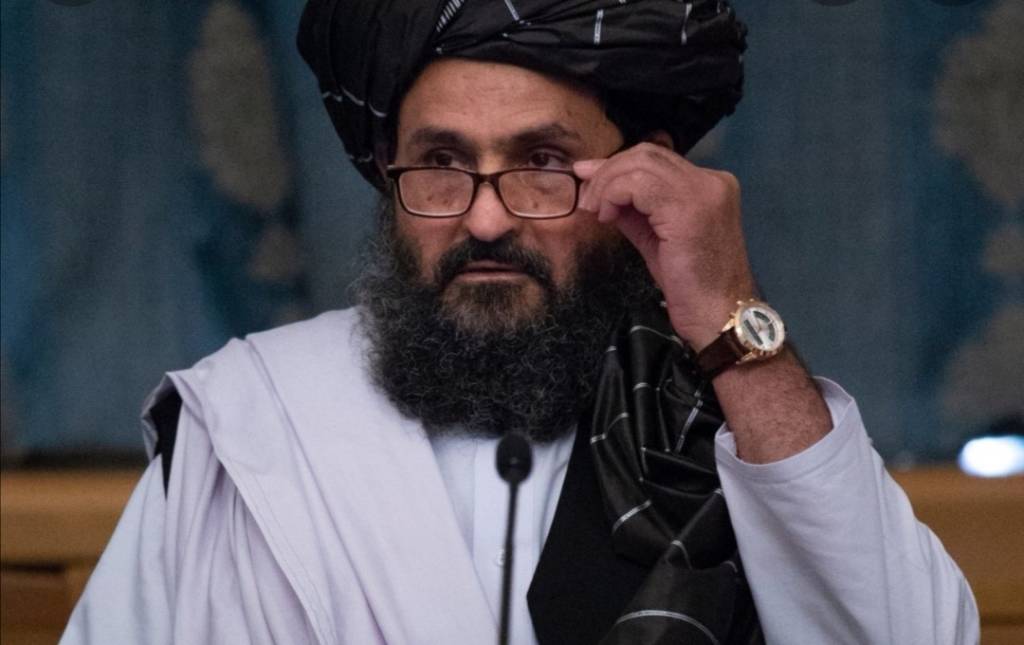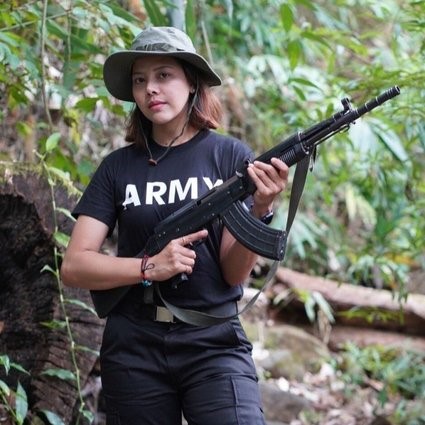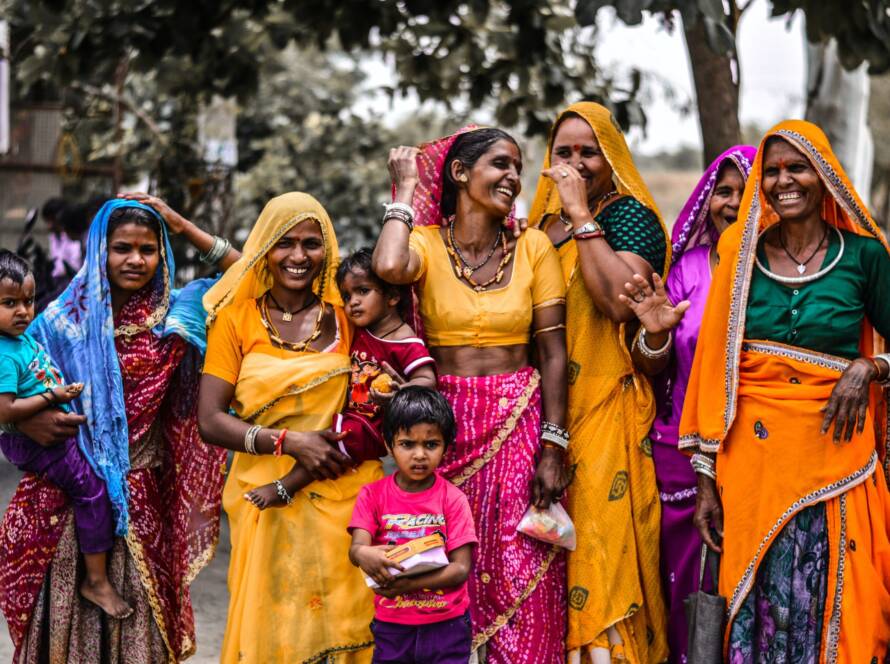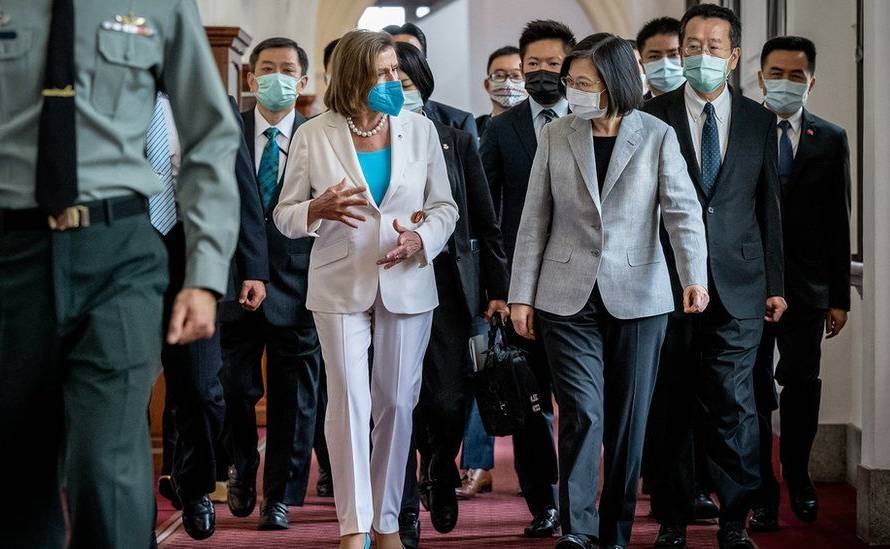By Dr Ranga Kalansooriya

Six months ago, the people of Myanmar took to the streets of Yangon against its military junta that toppled a democratically elected government and jailed an elected leader – Aung Saan Suu Kyi. Now, the people of Afghanistan are taking to the streets in country’s suburbs protesting their country’s takeover by the Taliban – a terrorist group the world’s super power US vowed to crush, at least on paper over the past twenty years.
Asia’s democracy has come under severe attack, twice within six months. Once by a legitimate military force and the other by a proscribed terrorist group.
Sri Lanka along with other south Asian nations, is sandwiched between the two paradoxes. South Asia must not underestimate these developments unfolding in either sides of the region. India and Pakistan are at the core of the developments in different capacities and at different scales. Notably its Deep State have been busy pulling strings to suit its agenda.
In Myanmar, external effort helped transform a half-century old military rule into a fully functional democracy. This lasted only ten years and the country is back in the hands of the military. Afghanistan, although slightly different in context ended up with a reversed outcome too. The terrorist group which the external forces wanted to crush have now been given power on a platter. In both these countries, the West-led international community invested heavily to build democracy, its institutions and groomed a vibrant civil society. All that now in vain.
Myanmar’s media outlet ‘The Irrawady’ this year citing a May 2018 Amnesty International report detailed how the Arakan Rohingya Salvation Army (ARSA), a Muslim militant outfit in the Rakhine state received support from Pakistan’s Inter-Service Intelligence (ISI) and Pakistani military outfits such as the Tehrik-e-Taliban. This paved the way for a comprehensive military response by Myanmar army in the Buddhist state which significantly impacted the reputation of Myanmar and its democratic leaders. The reality now is a junta-governing country which has killed at least 1000 civilians who opposed them. Fast forward to March 27, 2021, when the Myanmar junta celebrated its Military Day few weeks after the coup amidst heavy local and international criticism, India, Pakistan and Bangladesh flew in its representatives to Myanmar’s capital Ney Pyi Taw to join the military tamasha as if nothing happened.

When ASEAN’s leaders meet in Brunei in two months, the Sultan of Brunei Hassanal Bolkiah as the summit’s host will have no choice but to introduce the leader of junta as ‘His Excellency the Prime Minister of Myanmar Ming Aung Hlaing’. His mandatory retirement date was July 31, but the junta can decide if that needs honouring because the public can’t question arbitrary hold on to power. He has now extended the deadline for an election to 2022 which delays his own electoral ultimatum by more than a year. The country is already witnessing guerilla type attacks and targeted killings mainly of city wardens (Government officers at city/village level) and sporadic bomb blasts by the armed civilian grouping called Peoples Defence Force (PDF). The military, in response, has created several militia groups in hunting down PDF operatives. These are clear signs that a protracted guerilla warfare and continuing insurgencies in will take place in the next few years.
The Myanmar coup is a subject of varying conspiracy theory, but there is popularly belief China was behind the script and the drama that followed. This argument could not be ruled out given the historic Chinese interest on its resource rich neighbor which shares a 2200-kilometer border.
In Afghanistan, many analysts, says the Taliban takeover was a US script in collusion with the Pakistani establishment. It is indisputable that US could not have pulled off the drama this well, without the active support of Pakistan, Qatar, Saudi and perhaps also India who are regional powers. Many know that Kabul is hot playground for multiple Deep State actors who go at each other at times and work in unison at another.
The notorious Haqqani network which now plays a key role in the Taliban regime in the making, has its roots in Quetta of Baluchistan in Pakistan. It is believed that the Pakistani establishment fully backed the Haqqani network and was in control of their command to a large extent. Jalaluddin Haqqani was the military commander or the defence chief of the then Taliban regime. After his demise, his fours sons were part of Taliban. One of them was killed in a US attack in Afghanistan. Another son, the 28-year-old Anas Haqqani, led Taliban’s political negotiations with former Afghan President Hamid Karzai with the aim of creating Afghanistan’s next government. One of the most powerful military leaders of the network, young Anas is tipped to be in charge of defence in a future Afghan regime which would mostly likely look like a Sunni version of Iran.
Mullah Baradar who arrived in Kandahar from Doha last week is expected to take over as the supreme spiritual leader of Islamic Emirate of Afghanistan. Taliban is clear that Afghanistan will not be a democratic state and will be governed under the Islamic Sharia system. The question is whether democracy-loving leaders of Afghanistan such as Hamid Karzai and Abdullah Abdullah be flexible to join a non-democratic, Sharia based, Iran-styled regime. This is where young Anas Haqqani’s negotiation skills could face a test.
Sri Lanka’s former prime minister Ranil Wickremesinghe is urging the current government not to endorse the Taliban, though the practicality of this advice is still questionable.
However, how would SAARC leaders welcome Taliban’s leader Mullah Baradar at its next Summit scheduled to be held in Islamabad after an eight year hiatus, is an interesting question. Will Pakistan’s Prime Minister Imran Khan also follow Brunei’s lead and introduce his Afghan counterpart to fellow SAARC leaders as “His Excellency Mullah Baradar, The Supreme leader of Islamic Emirate of Afghanistan’’? The clock starts now.
***************
Disclaimer – Factum is a Sri Lanka based think-tank providing international relations analysis and public diplomacy consultancies in Sri Lanka and Asia. Visit – www.Factum.LK


